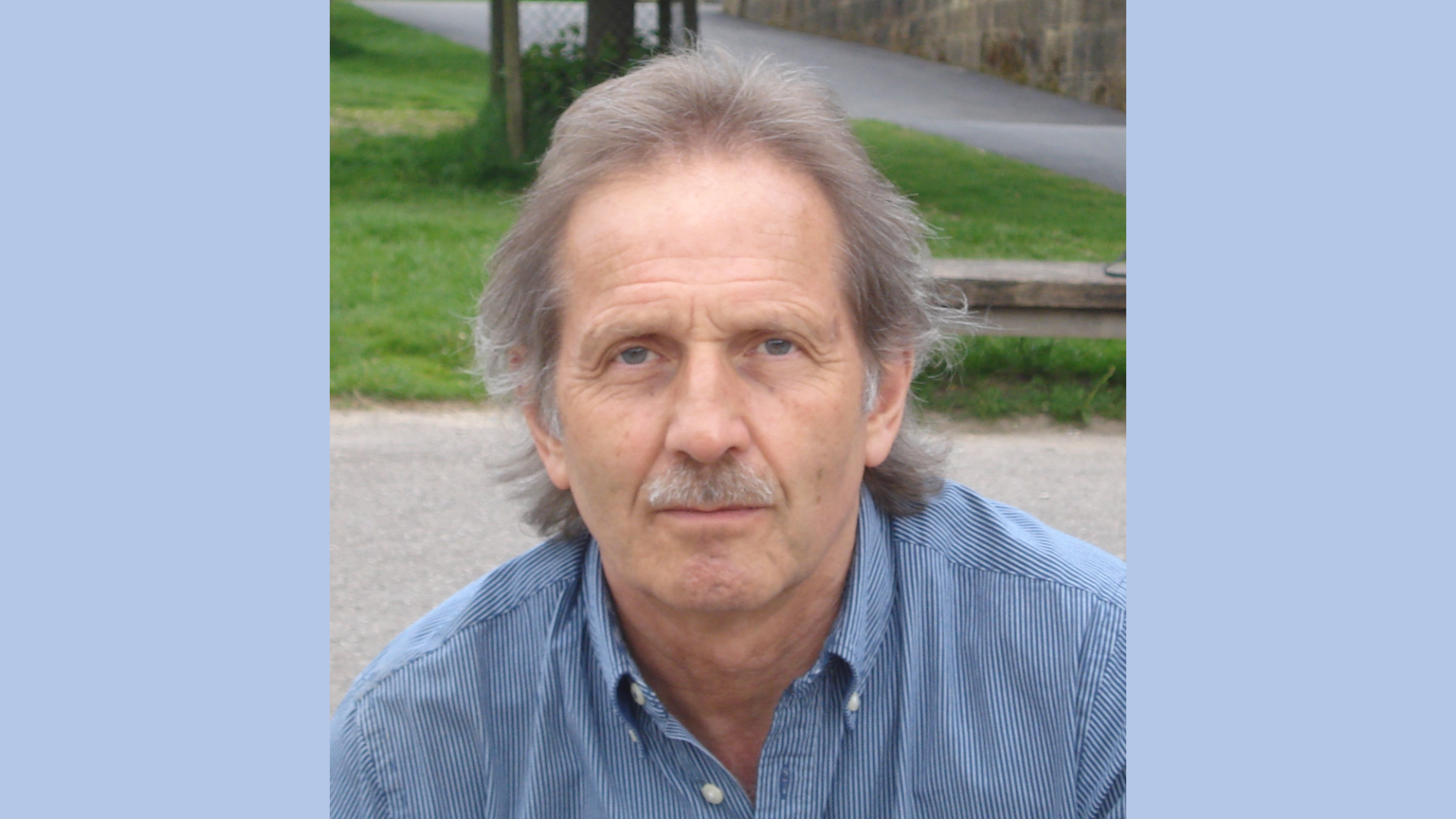John Maule - Explaining the thinking underpinning human cooperation

Everyday life depends on people cooperating with one another and being willing to give things up for the greater public good This may involve either provisioning a public good e.g., giving money to charity, donating blood, or maintaining a public good e.g., refraining from over-use of antibiotics or panic buying of toilet rolls.
There are two conflicting views of the thinking that underlies cooperation in these situations: the Social Heuristic Hypothesis (SHH) predicting that people are cooperative when relying on intuitive thought but becomes more selfish with deliberation; the Self-Control Account (SCA) predicting people are selfish when relying on intuition but become more cooperative with deliberation.
In two experimental studies using a simple economic game we use time pressure to induce intuition and time delay to induce deliberation. We provide support for SCA in maintaining situation (people are intuitively selfish but become more cooperative as they deliberate) and some limited support of SHH in provisioning situations (more free riding when people deliberate).
However, our findings show that the primary driver of cooperation is reciprocity – a motivation to reciprocate the cooperation expected from others. We present a new unifying framework for explaining the thinking underpinning human cooperation (the Contextualised Strong Reciprocity Account) and discuss the implications of this framework and our findings for future research and the development of effective communications and policy concerned with facilitating human cooperation.
Isler, O., Gächter, S., Maule, A.J. & Starmer, C. Contextualised strong reciprocity explains selfless cooperation despite selfish intuitions and weak social heuristics. Sci Rep 11, 13868 (2021). https://doi.org/10.1038/s41598-021-93412-4.
